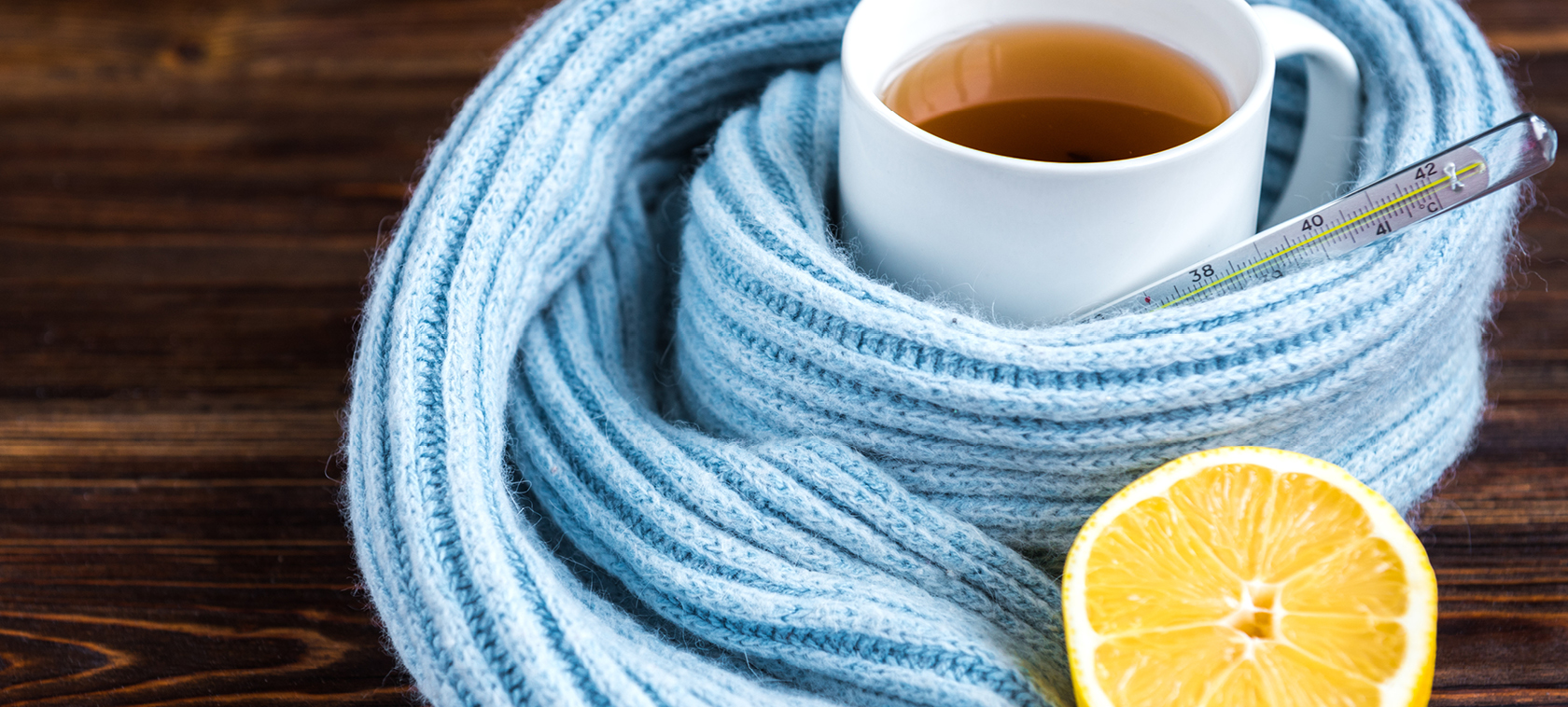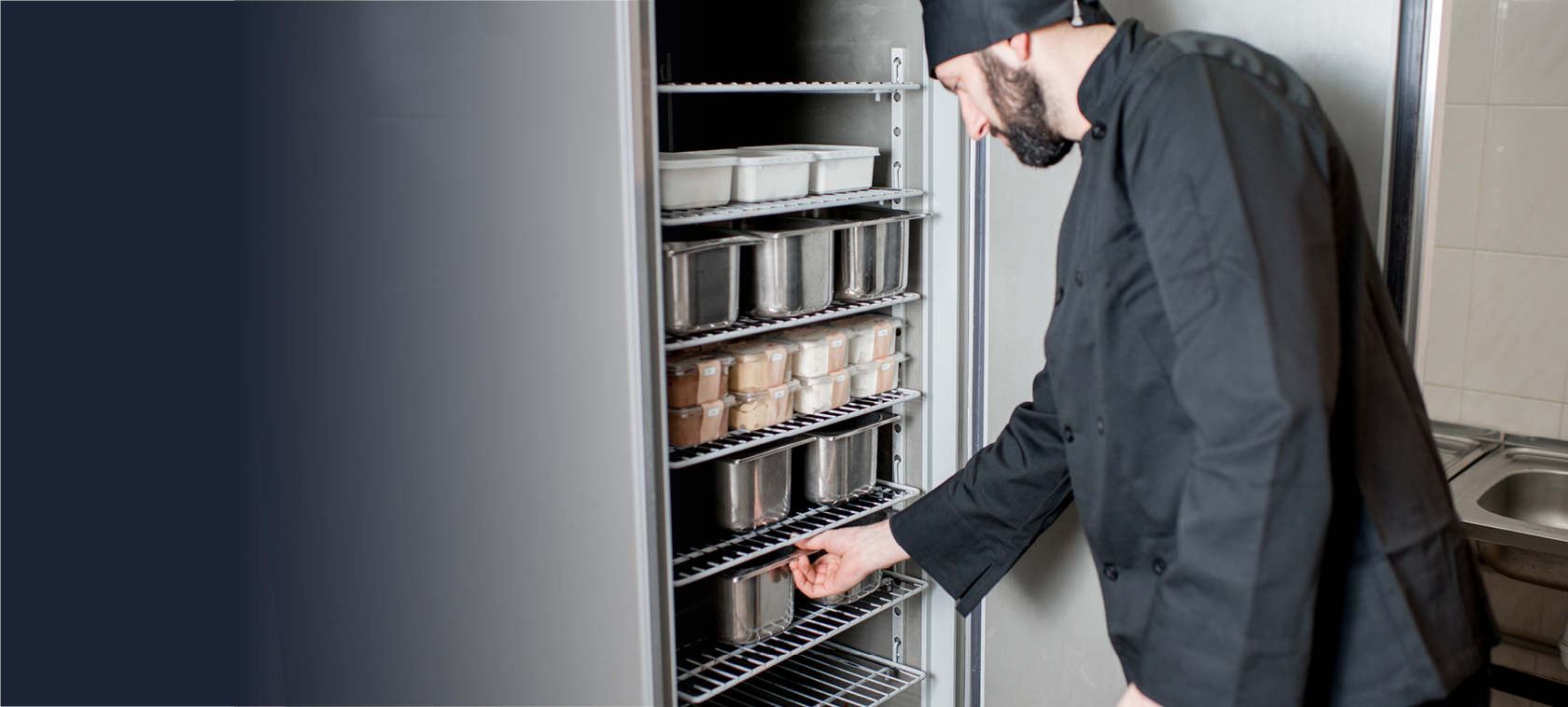Our guidance will enable you and your guests to have a safe festive feast, whether that’s at a food business or at home, in your own kitchen.
The turkey is the centerpiece of most Christmas dinners in the UK, and like most meats, needs to be prepared carefully to ensure it is safe to eat.
A few things to consider:
- Frozen turkey? Thoroughly defrosted your turkey before cooking it. If you don’t, the turkey will cook unevenly, and some parts may remain frozen while others cook through.
- To defrost safely, the turkey should be placed in a refrigerator, and depending on size might take 3 to 5 days to defrost fully. Allow 12 hours of defrosting time per kg of turkey. Care must be taken to make sure the liquid from the defrosting bird does not drip on other food and the bird is covered, meaning it does not contaminate other food.
- After handling raw poultry, it is essential to keep good hygiene by washing your hands. When cooking the turkey, the producer’s guide for the time and temperature in the oven should be followed. If you have a temperature probe, check the thickest part of the meat (in a whole bird, this is the area between the leg and the breast). If the meat achieves a temperature of 75 degrees celsius for 30 seconds, then it is good to go! If you do not have a thermometer, then cut the thickest part of the meat and check that none of the meat is pink and the juices run clear.
- Remember to fully clean the knife or temperature probe each time the meat is checked.
- Don’t forget that stuffing… the turkey increases the cooking time and can result in the outside of the bid being overcooked and the inside raw. It is far safer to cook the stuffing separately in another tray
Waste not, want not
It is estimated that over 100000 tonnes of poultry, 96000 tonnes of carrots, and 710000 tonnes of potatoes are wasted each year in the UK and 70% of that wastage occurs in the home. So it’s more sustainable to use up your Christmas leftovers. Be it a lovely cold turkey sandwich with lashings of cranberry sauce, bubble, and squeak or a turkey curry; leftovers can make some fine meals on boxing day.
- Before placing hot leftovers in the fridge or freezer, leave them in a cool place to chill for an hour or two. To help food cool quicker, portion it into smaller pieces. It is important that the fridge is running cold enough and is not overstocked, this may mean that the champagne and beers have to make way for the food in the fridge!
Allergies
It is estimated that in the UK 2 million people are living with a diagnosed food allergy and a further 600000 with Coeliac Disease. Symptoms of an allergic reaction include itching, a rash, and swelling to the face. In some cases, the person may develop breathing difficulties, trouble swallowing, or even speaking. Thankfully the cases of death from allergic reactions to food are dropping in the UK, but there is still the real risk of an allergy sufferer dying from anaphylaxis.
- Food businesses are very aware of the controls and information required regarding allergens. For those cooking for an allergy sufferer for the first time at home, remember these top tips. Read ingredients listings carefully; there are 14 allergens that by law, must be displayed in bold on the ingredients listing. However, many people suffer an allergic reaction to food that is not one of those that needs to be listed in bold too. Make sure you read the label carefully to see if the food may contain allergens or produce in a setting where allergens are present.
- Unlike food-poisoning bacteria, allergens are not killed or made safe by cooking. This means there is a risk of cross-contamination of allergens between foods and food and equipment. Even the smallest trace of an allergen can be enough to make an allergy sufferer seriously ill. Ensure that different utensils are used to prepare and serve dishes for the allergen sufferer and thoroughly wash hands and clean surfaces after handling food that contains the allergen.
- If having the allergen in the kitchen can be avoided, for example using an alternative ingredient, then this is always the safest option.
With all of that in mind, we wish you a safe and scrumptious Christmas dinner and a very Merry Christmas.



